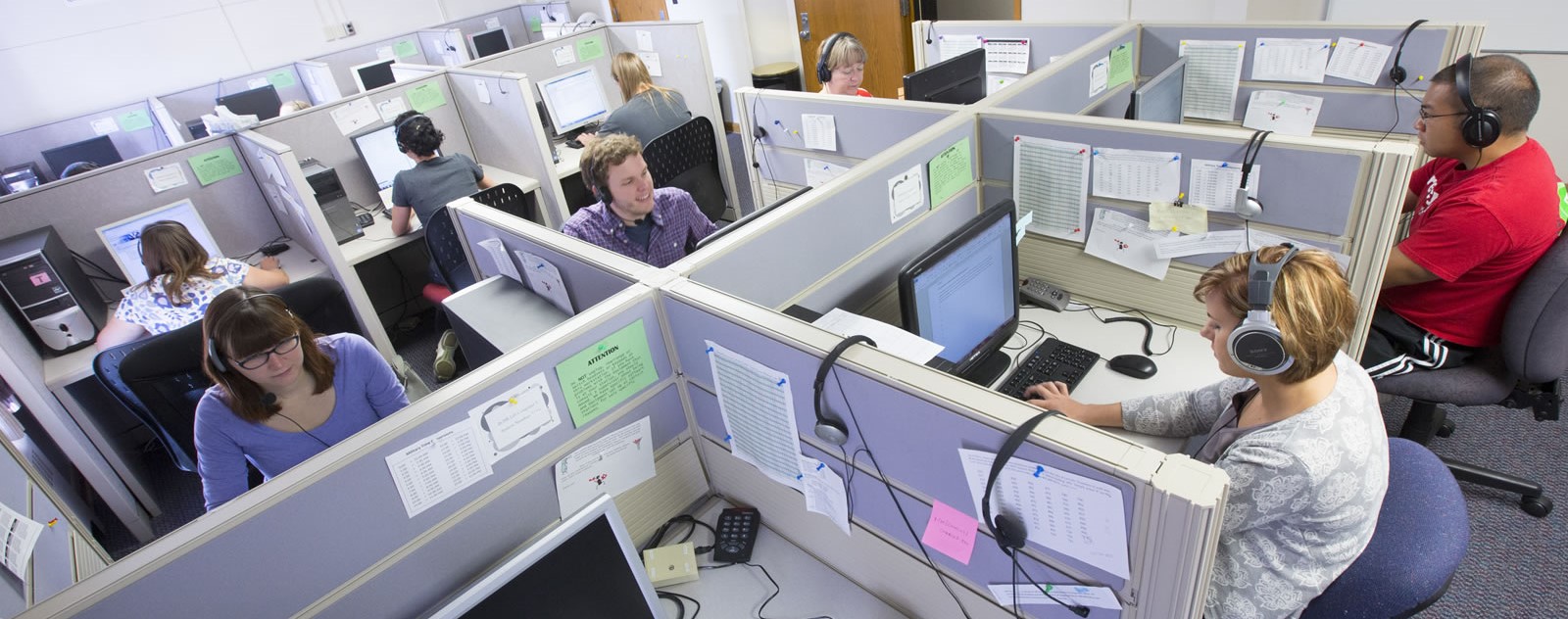Content
Research

Our globally-connected, interdisciplinary educators produce meaningful, engaging research on a range of topics from racism to social media because we value creativity, risk-taking, and innovation.
Curiosity moves us to answer questions such as:
- What do people in “red” states think about important social and political issues, including businesses refusing service to same-sex couples? The death penalty? Evolution? Affordable Health Care?
- Over time, are more educated people more or less likely to be religious?
- How do women in rural communities find help for domestic violence, and does the answer change for those with more or fewer friends?
- How do people in rural and urban areas differ in the factors associated with opioid addiction, opportunities for informal science education, or treatment of sexual minorities?
- How does the media's representation of crime affect people's attitudes about crime and safety?
- Why do some people follow instructions for taking a survey and others do not?
- What leads to disparities in mental health outcomes across demographic groups?
- How are schools putting urban youth and teachers at risk?
- Why do social movements start in some troubled regions but not others?
- Why do some homeless youth use drugs and others do not?
- How do some new low income parents have lower distress while others have higher distress?
- How do kids come to think of themselves as science oriented? Does this differ for boys and girls?
- Do images of superheroes change as a reflection of the political environment?
- As the United States becomes more diverse, do more people marry people of other races, or stay with people of the same race?
- Does military service provide a pathway into science, technology, engineering, and mathematics (STEM) occupations?
Check out our faculty's published research archived on Digital Commons and the published work of graduate students.
We also invest in valuable, hands-on research experiences for undergraduate students.
Families
Amelia Li
Kimberly Tyler
Health
Seulki Kim
Lisa Kort-Butler
Amelia Li
Julia McQuillan
Inequality
Brandon Bosch
Kelsy Burke
Lory Dance
Emily Kazyak
Seulki Kim
Amelia Li
Aaron PeeksMease
Philip Schwadel
Regina Werum
Quantitative Methods
Kristen Olson
Jolene Smyth